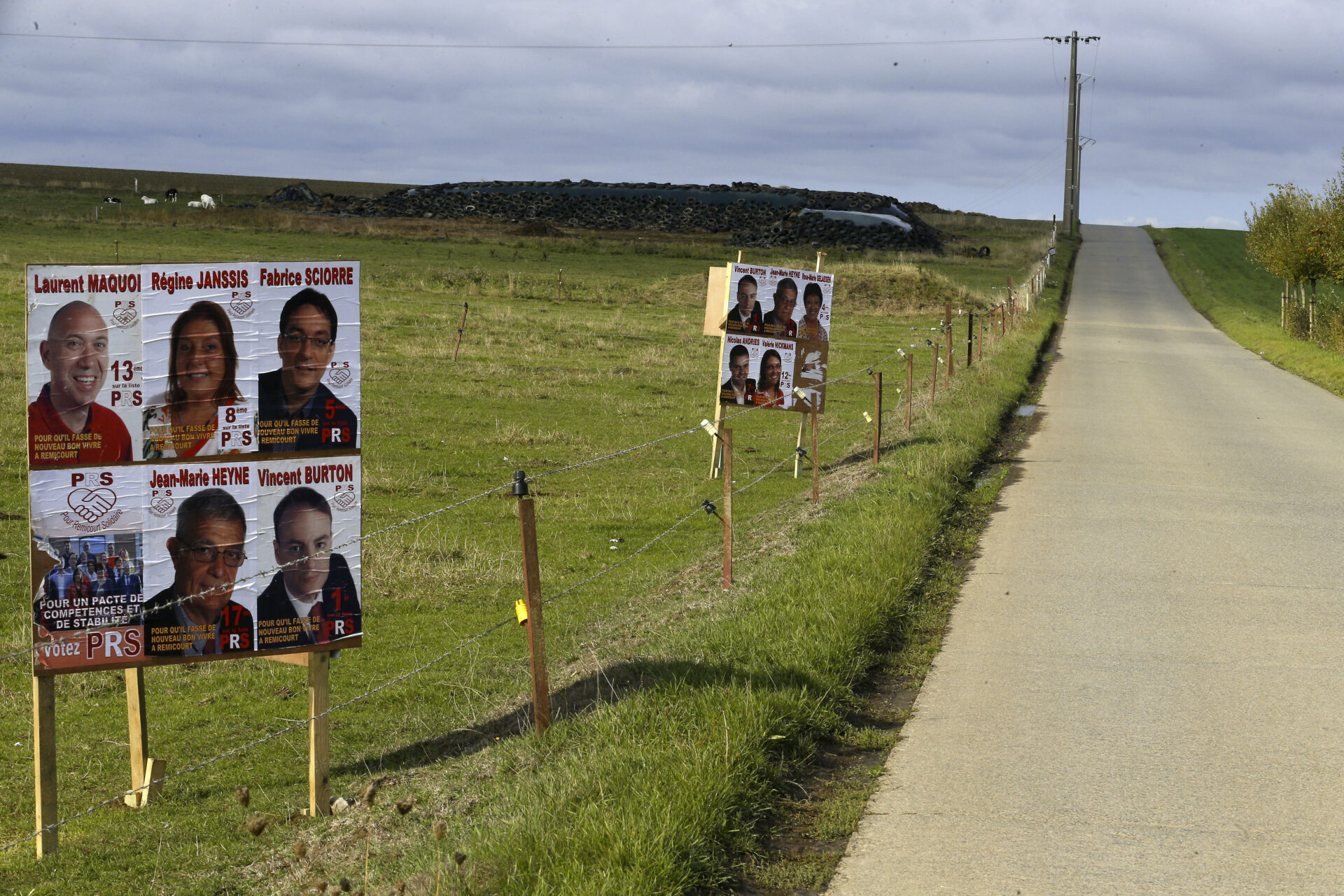'Chez Nous', a fringe Belgian far-right party, is the third most influential political group on social media among francophone Belgians, a study using AI software has revealed.
Communications consultancy Gosselin & De Walque developed the software tool Mozaiiq to analyse "the real impact of politicians on media". The tool uses AI to measure the number of reactions, comments and shares different political actors amassed over a given time period. In this instance, data from Facebook, Instagram, YouTube, X (formerly Twitter) and LinkedIn from the past three months was analysed.
Chez Nous, a far-right political party without any seats in Parliament, came in third place with 95,000 reactions. Socialist leader Paul Magnette came first with 111,000 reactions, and MR leader Georges-Louis Bouchez followed closely with 104,000 reactions.
Researchers emphasise that the results should not be interpreted as predictions for upcoming elections. The objective was rather "to shed light on things that cannot be seen with the naked eye because of the mass of publications on social networks."
Filling in for political disengagement
Chez Nous was founded two and half years ago, has no seats in Parliament and shows little sign of gaining electorally any time soon. Their top-performing content related to topics such as the death of radio DJ Mademoiselle Luna, the television show Star Academy and football rather than anything overtly political.
Mozaiiq was formulated in the wake of the Gilets Jaunes movement in answer to a perceived political disengagement from citizens' frustrations. "We thought that if politicians had had a tool like this, they might have had a better sense of what was happening among the population," said cofounder Ermeline Gosselin.

Election posters in Remicourt, Sunday 07 October 2018. Credit: Belga / Nicolas Maeterlinck
Belgium is in the thick of a debate about the permissibility of online political advertising. The country is one of the top social media spenders in Europe, with Flanders splurging a record €6 million in 2023 and Walloon leader sparing no expenses either: Bouchez spent around €50,000 on sponsored posts in the same year.
In addition, a "black-out period" on all forms of advertising comes into force four months before elections, but legislation does not account for the digital realm. This has been ferociously criticised by political parties and citizen groups alike. Flemish liberal party Vooruit has tabled a bill on an outright ban on online advertising during the electoral black-out despite being the third-highest spender of 2024 so far (€62,700 on Google Ads in January alone).
Chez Nous' online prevalence goes against the general conception that radical ideology tends to lean to the left in Wallonia. The Belgian Worker's Party (PTB), the highest social media spender in Wallonia by far, did not fare as well according to Mozaiiq's analysis, with the exception of party leader Raoul Hedebouw who came sixth in terms of influence by reactions.
In Flanders, far-right parties N-VA and Vlaams Belang dominated by a wide margin with 1.441 million and 1.223 million reactions respectively.

